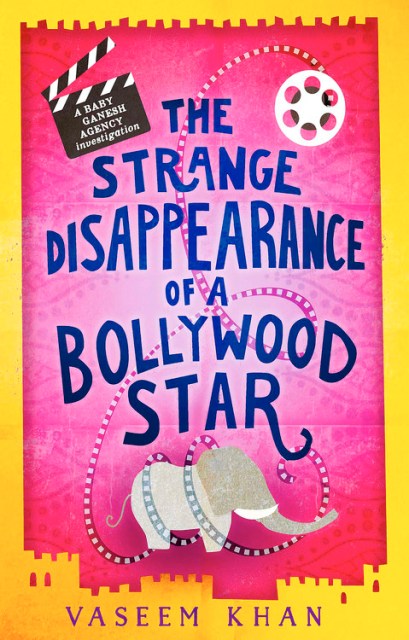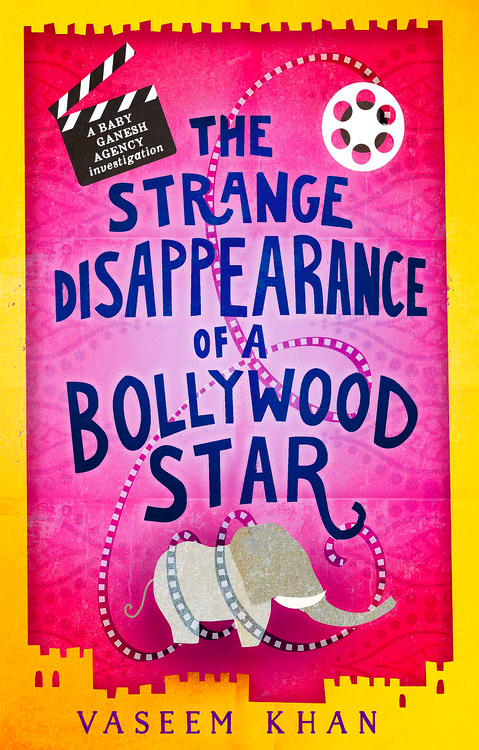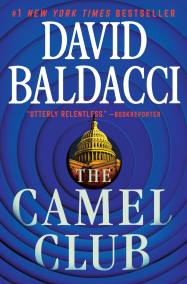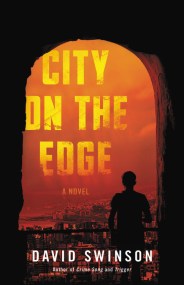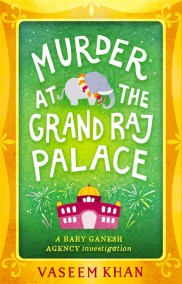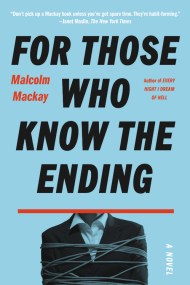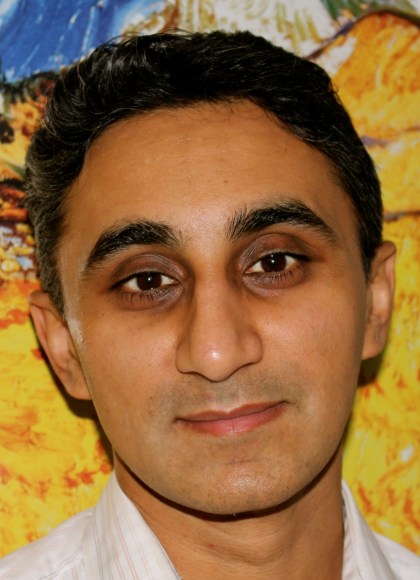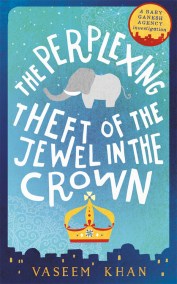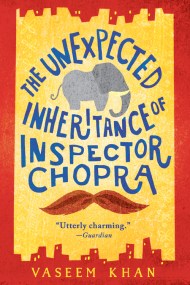The Strange Disappearance of a Bollywood Star
Contributors
By Vaseem Khan
Formats and Prices
Price
$24.99Price
$31.99 CADFormat
Format:
- Trade Paperback $24.99 $31.99 CAD
- ebook $9.99 $12.99 CAD
- Audiobook Download (Unabridged)
This item is a preorder. Your payment method will be charged immediately, and the product is expected to ship on or around July 18, 2017. This date is subject to change due to shipping delays beyond our control.
Also available from:
But as Chopra is about to discover, even in the city of dreams, there is no guarantee of a happy ending.
Rising star and incorrigible playboy Vikram Verma has disappeared, leaving his latest film in jeopardy. Hired by Verma’s formidable mother to find him, Inspector Chopra and his sidekick, baby elephant Ganesha, embark on a journey deep into the world’s most flamboyant movie industry.
As they uncover feuding stars, failed investments and death threats, it seems that many people have a motive for wanting Verma out of the picture.
And yet, as Chopra has long suspected, in Bollywood the truth is often stranger than fiction. . .
Genre:
-
"Wildly inventive ... a great warmth and wisdom infuse this and the other Baby Ganesh books."Booklist (starred review)
-
"Smoothly combines an affable lead, a seemingly impossible crime, and an endearing and highly unusual sidekick-a baby elephant named Ganesha.... Fans of Alexander McCall Smith will find a lot to like."p.p1 {margin: 0.0px 0.0px 0.0px 0.0px; font: 14.0px Calibri; -webkit-text-stroke: #000000}span.s1 {font-kerning: none}Publishers Weekly on The Perplexing Theft of the Jewel in the Crown
-
"An entertaining feel-good read in the tradition of Alexander McCall Smith.... Utterly charming."Guardian on The Unexpected Inheritance of Inspector Chopra
-
"The deep love for Mumbai and its people - warts and all - that Inspector Chopra shares with his creator infuses the novel from the beginning. The Unexpected Inheritance of Inspector Chopra is certainly a delightful and uplifting crime caper, but it also comes with an edifying dose of serious social comment, with many of Chopra's preoccupations mirroring those of his creator."The Bookseller on The Unexpected Inheritance of Inspector Chopra
-
"An enchanting start to a new series."Woman & Home on The Unexpected Inheritance of Inspector Chopra
-
"A winning debut...Khan's affection for Mumbai and its residents adds to the novel's charm."Publishers Weekly on The Unexpected Inheritance of Inspector Chopra
-
"Debut Mumbai-based 'cosy' - complete with baby elephant - keeps things heart-warming while tackling corruption at the highest levels and violent crime at the lowest. Endearing and gripping, it sets up Inspector Chopra - and the elephant - for a long series."Sunday Times on The Unexpected Inheritance of Inspector Chopra
-
"Thought-provoking mystery... promising debut."Booklist on The Unexpected Inheritance of Inspector Chopra
-
"Charming."Marie Claire on The Unexpected Inheritance of Inspector Chopra
-
"A fantastic and heartwarming read... I can't wait to see what happens next!"First for Women on The Unexpected Inheritance of Inspector Chopra
- On Sale
- Jul 18, 2017
- Page Count
- 400 pages
- Publisher
- Redhook
- ISBN-13
- 9780316434515
By clicking 'Sign Up,' I acknowledge that I have read and agree to Hachette Book Group’s Privacy Policy and Terms of Use
